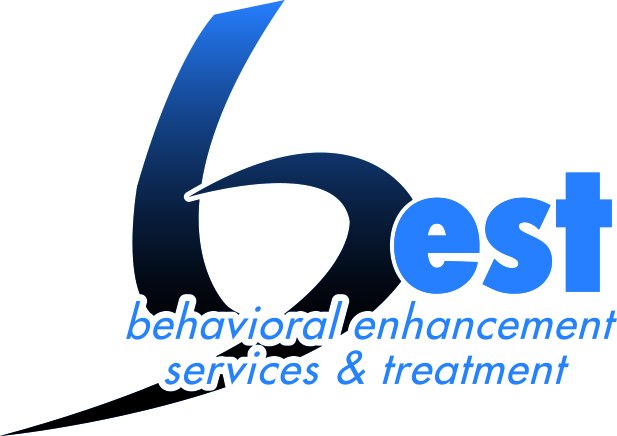EMSI
Early Serious Mental Illness- formerly known as STAR (Strength Through Active Recovery)
ESMI STAR
ESMI STAR program is an evidenced based, multidisciplinary approach developed to assist adolescents and young adults, ages 15-30, who are experiencing early onset mental illness or psychosis. Do you know someone who struggles with disorganized thoughts, difficulty thinking, decreased energy, lack of motivation, withdraws from family/friends, or hears/sees what others do not? Does this sound like someone who you love? If left untreated, these patterns can become worse over time. The ESMI STAR Program was developed with these specific individuals in mind to foster independence and long-lasting recovery. Children, adolescents, and adults may benefit as they begin integrating into their communities where, with community support, they are able to thrive in a variety of social environments such as employment or school.
ESMI STAR team members can teach individuals and their relatives or supporters how to cope with early mental health symptoms, and work towards having a rich full life. We can help educate these individuals about mental health symptoms, medications, and changes in their physical health. ESMI STAR team can also support individuals with returning to work or school, safety planning, and develop a natural support system. ESMI STAR program is formed to include a team of professionals who specialize in coordinated specialty care and treatment planning. Each treatment plan will be focused on the individual’s goals of what is most important to them. Each person’s unique needs will be addressed with shared decision making based around health, education, work, and relationship goals. Individualized goals foster autonomy and resiliency for each person at their specific level.

Benefits of ESMI:
- Decrease hospitalizations.
- Increase psychoeducation of early severe mental illness symptoms
- Fostering autonomy and hope in recovery
- Risk assessment and safety planning
- Interventions include case management, groups, social skills, help with vocational goals, self-care, and medication management
- Family support
- No insurance necessary
Core concepts:
- Shared Decision Making
- Critical Time Intervention
- Risk Assessment & Safety Planning
- Flexible & Consistent Treatment
- Autonomy & Recovery
Multidisciplinary Team members you may work with:
Team Leader/Outreach Coordinator and Recruitment – works with individual and supporters to identify needs, coordinate services, and provide structure for the program.
Prescriber – specializes in psychiatric medication management, education, and provides oversight for Medical Assistant.
Clinical Supervisor – provides oversight to assist team with helping individuals succeed and assess barriers.
Primary Clinician – provides therapeutic interventions.
Community Based Rehabilitation Specialist – works with each person and their supporters to practice coping skills, identify triggers, provide education and skills training, and facilitate groups.
Peer Supports – has lived experience and been trained to support those who struggle with mental health, psychological trauma, or substance use.
Registered Nurse – provides oversight to medical assistant.
Medical Assistant – gathers history, instructs individuals about medications, takes vitals for each appointment, coordinates medication refills, gives injections, and provides education.
